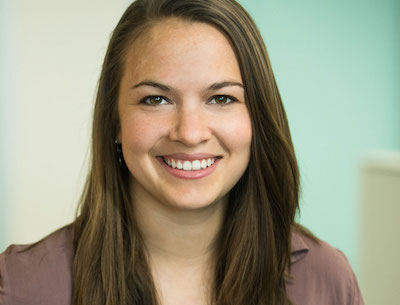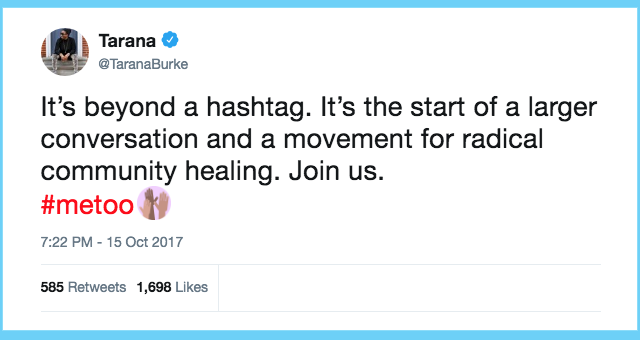
Elizabeth Stowell
Ph.D. Student in Personal Health Informatics at Northeastern University.
About Me
I am a Ph.D. Student at Northeastern in Personal Health Informatics, a program in both the Khoury College of Computer Science and the Bouvé College of Health Sciences. I work with Dr. Andrea Parker in the Wellness Technology Lab. My research is in the fields of Public Health, Human-Computer Interaction (HCI), and in Personal Health Informatics. I am broadly interested in social determinants of sexual health, stigmatization of disease, global health and community development, and health activism. I am currently exploring how community informatics can be used to address inequities in sexual health.
Prior to joining the Wellness Technology Lab, I completed a B.A. in Health and Society (Individual Designed Major) from Wellesley College. I began computer science coursework in my last year of undergrad, and joined the Human Computer Interaction Laboratory at Wellesley after graduation.
Selected Publications
-
E. Stowell, T. O'Leary, E. Kimani, M. Paasche-Orlow, T. Bickmore, A. G. Parker.
Investigating Opportunities for Crowdsourcing in Church-Based Health Interventions: A Participatory Design Study. CHI 2020.
*Honorable Mention for Best Paper Award* | PDF | Remote Presentation -
R. Gallagher, E. Stowell, A. G. Parker, B. Foucault Welles.
Reclaiming Stigmatized Narratives: The Networked Disclosure Landscape of #MeToo. CSCW 2019.
*Honorable Mention for Best Paper Award* -
E. Stowell, M. Larson, H. Saksono, R. Wurth, H. Jimison, M. Pavel, A.G. Parker.
Designing and Evaluating mHealth Interventions for Vulnerable Populations: A Systematic Review. CHI 2018.
*Honorable Mention for Best Paper Award* | PDF | Video Preview
Active Projects
-
Health Ministry: Smart and Connected Communities
Churches play a major role in providing social support to address health inequities within various communities in United States, in part by connecting church members to services. While public health has a history of disseminating interventions in faith communities, little work has explored how technologies can be used to tailor interventions to the unique culture of each church community. Following Community Based Participatory Research principles, we partnered with predominantly Black churches to develop and evaluate an mHealth intervention.

-
#MeToo: The Networked Disclosure Landscape of Twitter

Following a tweet from actress Alyssa Milano which called on women to share the phrase “me too” if they have been sexually harassed or assaulted, thousands of women disclosed experiences of sexual violence, sometimes for the first time, through the hashtag #MeToo. To understand the landscape painted by these disclosures and the effect of disclosing these experiences publicly, we study the conversational social network that emerged around the #MeToo.